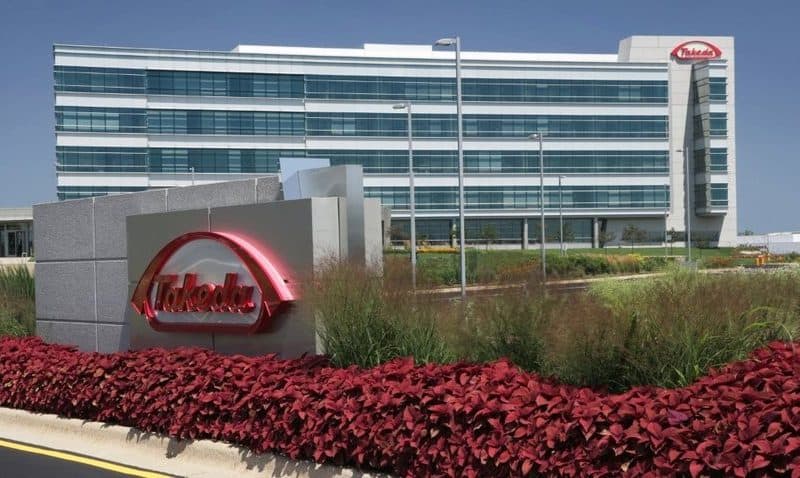Takeda has signed up for yet another multibillion-dollar gene therapy pact, this time encoding a $2 billion biobucks deal with little-known Code Biotherapeutics across four programs.
The collab entails deploying Code’s non-viral gene therapies against a liver-directed rare disease and central nervous system conditions. Takeda has the right to exclusively license four programs and is responsible for bringing the assets through the clinic after the duo conducts research together, Code said Monday.
This follows a string of similar deals for Takeda. The Japanese Big Pharma bet $3.6 billion on Poseida Therapeutics’ in vivo gene therapies for six to eight programs across liver and hematologic diseases in October. That came after a $1.12 billion pairing a week prior for Selecta Biosciences’ gene therapies for lysosomal storage disorders.
In the latest handshake, Takeda will dole out an upfront payment worth “double-digit million dollars” plus near-term payments to the Philadelphia biotech, although the specifics were kept under wraps. The potential $2 billion figure is a stark contrast to what the nascent upstart has put in its coffers: Code emerged with $10 million in funding in April 2021.
Code is attempting to decode the path to non-viral delivery methods to sidestep the toxicity issues associated with the viral-based class of gene therapies. Adeno-associated virus, or AAV, gene therapies have caused some safety concerns, leading the FDA to hold a two-day advisory meeting in fall 2021. Two such therapeutics were examined: Novartis’ Zolgensma for spinal muscular atrophy and Spark Therapeutics’ Luxturna for inherited retinal disease.
The biotech is also attempting to quash other limitations of viral delivery: size, inability to re-dose and manufacturing hurdles. The young biotech has two discovery-stage programs, one in the muscle-impairing rare disease Duchenne muscular dystrophy and another in Type 1 diabetes.
Code’s platform will “hopefully enable” Takeda to make “re-dosable and durable gene therapies that will be superior to current approaches,” said Madhu Natarajan, Ph.D., head of the pharma’s rare diseases drug discovery unit.

